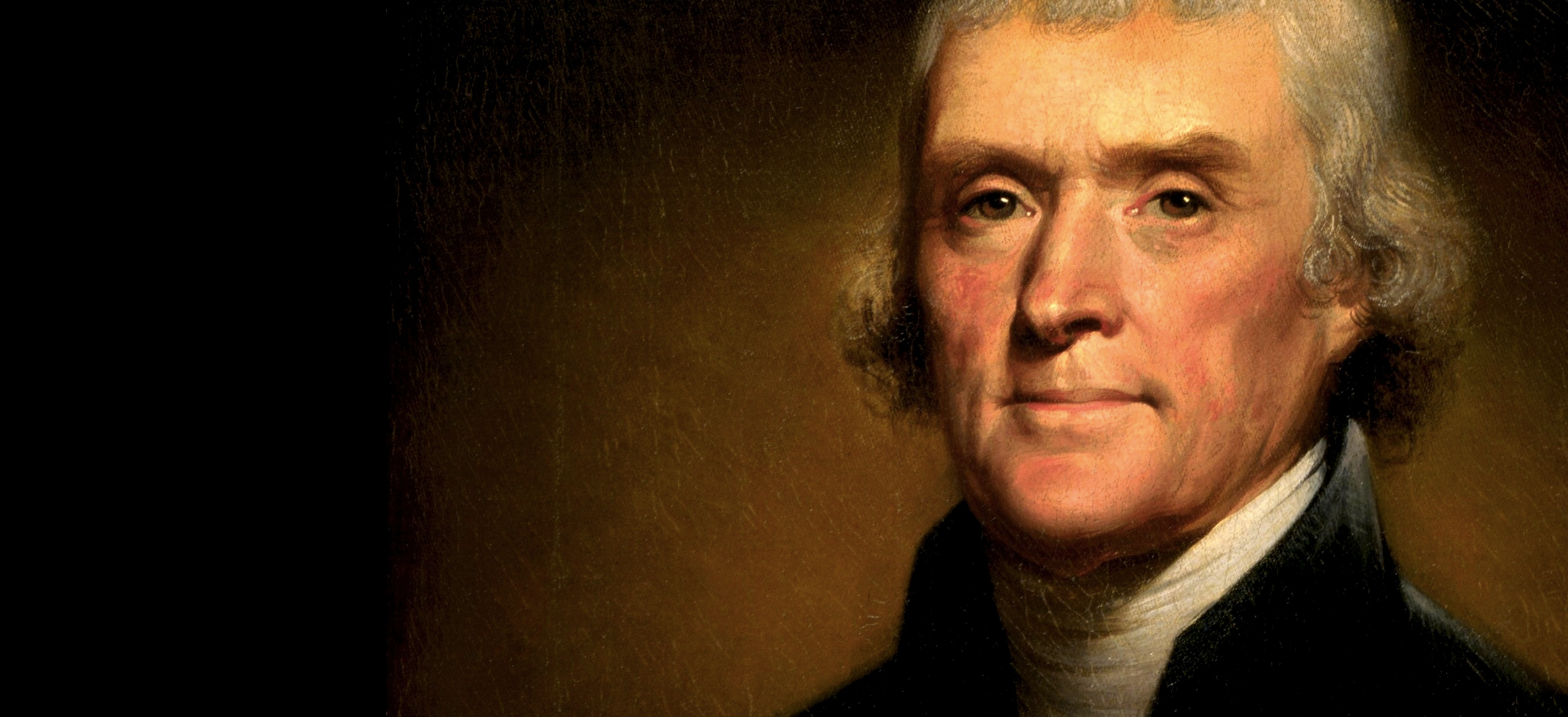Contending for the Constitution: Thomas Jefferson
Did Thomas Jefferson support the separation of Church and State?
If, one day, I found myself reflecting upon whether Thomas Jefferson supported the separation of church and state with a curious person, the answer would be tough to fit into a single sentence.
On one hand, yes, there were indeed efforts to separate religion and government. At the forefront, Jefferson, Franklin, and Adams, among others, advocated that the power of the government should not interfere with the influence of the church. Our founders understood the negative repercussions that would occur if government powers were allowed to dictate the actions of the church. Beliles and Anderson writes, "Recall the fears of Reverend Leland, who felt that government interference could one day lead to federal regulations dictating whom churches could hire or the content of what they preached." The influence of Christianity could easily be subverted by a tyrannical government and the Word of God could be used to justify that tyranny. Jefferson wanted to avoid an official state-level denomination, as well, like the one that existed in Britain. They continue to write, "[The founders] wanted all the Christian churches to have an equal opportunity to influence society, rather than one denomination exercising greater power. Instead of endorsing the particular creed of any one church, and thereby limiting religious freedom..." The founders, especially Jefferson, also understood how the positive influence of Christianity could spread across the nation if the various Christian creeds were free from the constraints of the state.
However, the conversation should not arrive at the conclusion that just because the founders wanted to separate these institutions, they also wanted to completely secularize the country. This isn't true. Jefferson expressed his interest in maintaining the influence of Christianity in society through several actions. He was named chairman of the General Assembly’s Committee on Religion, he played a role in revising all of the religious laws in Virginia, he gave support to Anglican Reverends in legal issues, and he submitted bills that emphasized the importance of Christian doctrine such as the Bill for Punishing Disturbers of Religious Worship and Sabbath Breakers. In Kentucky, Jefferson approved an act that would grant the state 8,000 acres of land to charter the Transylvanian Seminary school, which was non-denominational, but still emphasized Christian practices by incorporated organized religious preaching, prayer, and worship services. He also directed that an official state medal be stamped with his favorite religious motto, "Rebellion to Tyrants, is Obedience to God."
In conclusion, if I was forced to summarize the intention of Jefferson and the founders, with regards to the separation of church and state, in a single sentence, I would say: Yes, Jefferson wanted to separate church and state for strategic reasons, but not to secularize the entire country away from the influence of Christianity. Beliles and Anderson conclude, "They were overwhelmingly seeking to provide for equality amongst the Christian churches; not the removal of their societal influence we see today. The Founders consistently gave credit for the principles of freedom and liberty that formed America to the influence of Christianity, not other non-Christian religions."
Table of Authorities
Anderson, Mark A. Beliles, Douglas S. Contending for the Constitution: Recalling the Christian Influence on the Writing of the Constitution and the Biblical Basis of American Law and Liberty. Providence Foundation, 2005. [Liberty University Online Bookshelf].

Comments
Post a Comment